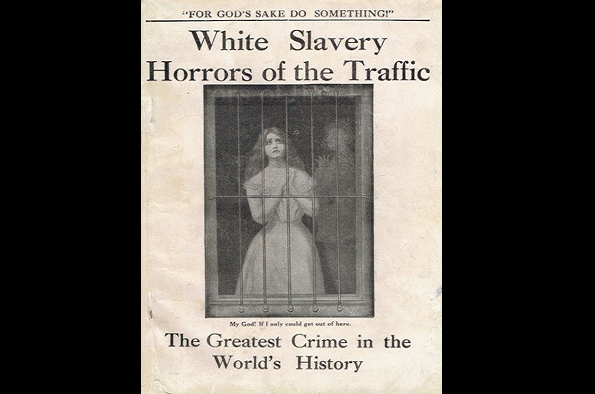
The Trafficking and Exploitation of Children in the 1920s
- Alex Balch
- Admission: Admission is free. To register please contact Alex Balch: abalch@liverpool.ac.uk
Add this event to my calendar
Click on "Create a calendar file" and your browser will download a .ics file for this event.
Microsoft Outlook: Download the file, double-click it to open it in Outlook, then click on "Save & Close" to save it to your calendar. If that doesn't work go into Outlook, click on the File tab, then on Open & Export, then Open Calendar. Select your .ics file then click on "Save & Close".
Google Calendar: download the file, then go into your calendar. On the left where it says "Other calendars" click on the arrow icon and then click on Import calendar. Click on Browse and select the .ics file, then click on Import.
Apple Calendar: The file may open automatically with an option to save it to your calendar. If not, download the file, then you can either drag it to Calendar or import the file by going to File >Import > Import and choosing the .ics file.
Speaker Biography: Elizabeth joined the Wilberforce Institute for the study of Slavery and Emancipation, University of Hull as a Lecturer in Contemporary Slavery in 2018. Her interdisciplinary research focuses upon the rights of children, international law, slavery and trafficking from the era of the League of Nations to the contemporary world. Having completed her doctorate at De Montfort University entitled ‘The Trafficking of Children; International Law, Modern Slavery and the New Abolitionists’ she is currently developing the thesis into a forthcoming monograph as part of Palgrave Macmillan’s Transnational Crime, Crime Control and Security Series. Her interests, broadly conceived, are in international child law, human rights, and gender and the law, specialising in human trafficking, slavery, children’s rights, exploitation and sexual violence.
